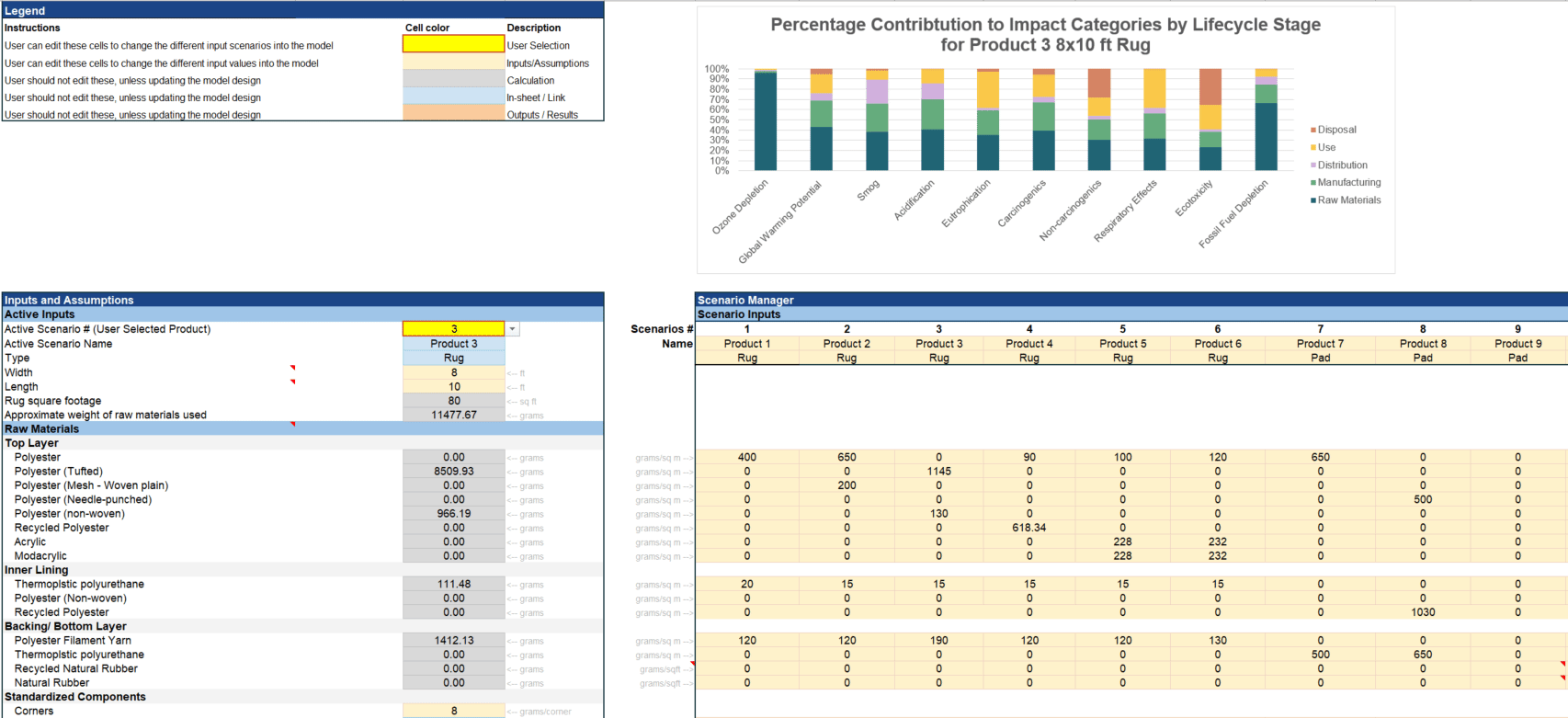How OPF Builds Bespoke & Dynamic Models: Learnings from Pivotal180’s Renewable Energy Project Finance Modeling Course
Introduction
As a part of our efforts to future-proof the workforce for climate action, we at OnePointFive are living our values by upskilling our own workforce. Over four days in July 2024, Julia Akker, Associate Director, and Abby Dateo, Sustainability Associate, participated in Pivotal180’s in-person Renewable Energy Project Finance Modeling (REPFM) training course. Julia and Abby share their thoughts and key takeaways below.
The course was well-structured and engaging, led by course instructors Matt Davis and Bastian Stroemsheim, and complemented by eight fellow student-professionals across finance, public policy, and energy sectors. Overall, the course strengthened our understanding of core project finance principles and improved our Excel modeling skills, leaving us better equipped than ever to spearhead model development across topics such as Life-Cycle Assessments (LCAs), Greenhouse Gas (GHG) Accounting, and climate finance, to provide valuable, data-driven insights to our clients.
Course Overview and Best Practices
What is renewable energy project finance, and why is it important? It involves securing funding for capital-intensive projects, like wind farms or solar plants, through a combination of equity and debt, with a focus on non-recourse financing. Lenders provide funds based on the project's future revenue potential, rather than the sponsor’s creditworthiness. This is crucial in the climate space as it makes financing more accessible, and attracts investment in clean energy– accelerating the deployment of wind, solar, and other renewable technologies, which are vital for reducing GHG emissions and combating climate change.
Pivotal180’s REPFM course covered fundamental project finance concepts across debt structuring, contracts and agreements, cash flows, tax credits, and more, all of which inform the financial feasibility of rolling out a renewable energy project of any size. The course also focused on financial modeling principles and best practices for developing Excel models. Despite using Excel for various tasks over the years, we were humbled to learn that, well, there is always more to learn! We were also excited to upskill our modeling chops, as financial modeling is not just limited to project finance – its applications are transferable to climate advisory work in a myriad of ways.
Application in OnePointFive’s Work
Despite the rapid advancement of automated climate software over the past few years, the need for bespoke, dynamic, Excel-based modeling has not gone away. In fact, OnePointFive has been tasked with building complex LCA and financial models for clients across Fashion, Food, Consumer Packaged Goods (CPG), Pharmaceutical, and Climate Technology industries. For these clients, simply calculating static, point-in-time estimates is insufficient; instead, Product, R&D, Finance, and other teams need and use models to adjust inputs on the fly, calculate expected changes in return on investment and/or impact, and inform business decisions.
The table details real examples of when OnePointFive utilized Excel-based models to deliver custom client solutions.
*LCA: A research method used to evaluate the environmental impacts of a product or service from its creation to disposal, or more limited life-cycle stages.
**Comparative LCA: A research method used to compare the environmental impacts of different products or services throughout their entire life cycles to a baseline scenario.
***Screening LCA model: A simplified assessment that quickly estimates the environmental impacts of a product or service to identify key areas for more detailed analysis.
A OnePointFive model in action - featuring a scenario manager and dynamic outputs.
Conclusion
Leveraging traditional tools like Excel, but in ways that allow for agility, flexibility, and better business decision-making, allow us to meet bespoke client needs with data-driven insights. We at OnePointFive are actively supporting the workforce to develop practical skills that drive forward climate action – through our OnePointFive Academy and our 100k campaign. Our passion for upskilling is not only external, either – we are eager and driven to invest in our own workforce development, to enhance internal capabilities and improve climate outcomes for our clients.
Want to learn the project finance modeling skills needed to help power the renewable energy revolution? Check out Pivotal180’s world-class online and in-person course offerings or contact alison@pivotal180.com to learn more. Classes are available to suit students of all backgrounds and experience levels.
Interested in more climate resources and insights? Subscribe to our newsletter to stay updated, and apply to OnePointFive Academy to start your climate upskilling journey!




